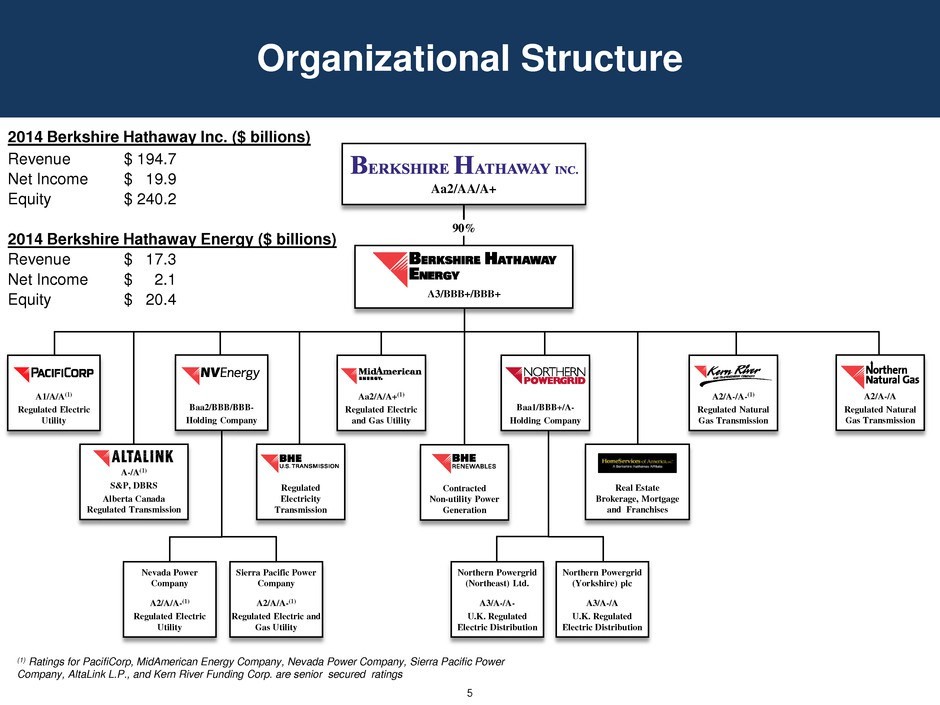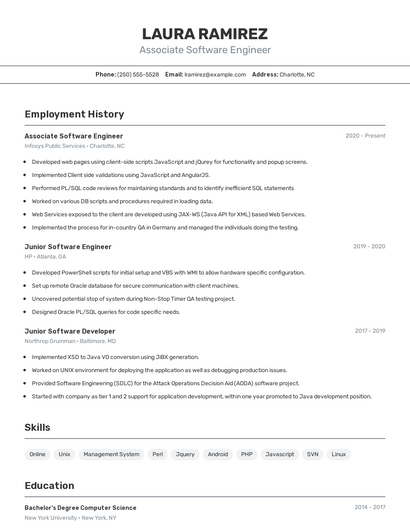
You might consider a career as a consultant if you're thinking about pursuing a career. This type of firm is often smaller and provides more specialized services. Other advantages include higher salaries and a more entrepreneurial culture. In addition, boutique firms often create an environment in which employees are encouraged to grow and advance as professionals.
Smaller size
A boutique consultancy firm of smaller size may be a good option if you are looking for exceptional resources at reasonable prices. There are several advantages to working with these small firms. They can also be more affordable than larger companies. But smaller firms can have some disadvantages.
Although big companies can be great places to work, it is possible that boutique firms could be better for your career. They value industry knowledge and fit more than size. Because they are smaller firms than global consultancies that screen applicants, they are less likely and more inclined to hire a "blank-slate" candidate.
Specialized services
The boutique consulting firms are experts in a certain field and work with clients to address specific issues. They offer a variety of services, including data management, cloud migration, and advanced analytics powered by machine learning. They use agile methodology which allows them to be more flexible and responsive. They can react faster to changes in the scope of a project.

Boutique consulting firms specialize in specialized services to help enterprises solve unique business problems. To help companies solve their most pressing issues, they draw on the experience and expertise of their staff. Their knowledge allows them help enterprises use technology to transform themselves. Boutique consulting firms are crucial partners in a world where companies need to react quickly.
Entrepreneurial culture
A boutique consulting firm employs fewer than 200 people and specializes in highly customized services. They are often part of a workfamily, which is a group who have a common passion for the work they do. A boutique consulting firm is more flexible than others, and allows their employees to work from home when needed.
Boutique consulting firms are often more entrepreneurial than traditional consulting companies. Both the firm's internal culture can reflect the entrepreneurial spirit and the company's client service. This environment is conducive to innovative and creative consulting.
Higher salaries
Boutique consulting has some advantages over traditional MBB. For starters, these smaller firms have more flexibility than large firms. You can expect to travel for one week per month and work less than 50 hours per semaine. Boutique consulting firms tend to be more flexible with compensation and benefits than larger companies.
The salaries of new employees at boutique consulting firms, for example, are much higher than those at larger firms. In general, graduates can expect to earn between PS30,000 - PS42,000 within their first two or three year. Boutique consulting firms offer many additional financial benefits.

Simple process
Boutique consulting firms have the advantage of a smaller size and are more agile in their operations. Their senior staff have extensive experience in the field. This allows them to provide more advice and better implementation support for clients. They also have a lower travel burden and a higher degree of flexibility. This allows them to move quickly to the next project.
A boutique consulting firm focuses on a particular area of expertise. They can provide specific information about particular issues or problems and aim to help each client improve their company. While some boutique firms are specialized in the public sector or government work, others focus on a particular industry.
FAQ
What is the secret to modern consulting?
Consultants were originally accountants who could help companies manage their financial affairs. Because they were skilled in managing financial information, they became "accounting consulting". This role quickly expanded to include human resource management.
The French word for "to advice" was the inspiration behind the term "consultant." This was used by businessmen as a way to describe someone who could provide guidance on running an organization. The word consultant is still used by most business owners to refer to any kind professional advisor.
How long does it usually take to become an expert consultant?
The amount of time needed depends on your industry and background. Most people start with just a few months of work before finding employment.
Some consultants work for years to perfect their skills, before being hired.
Consulting is it a job?
Consulting isn't just a career option for those who want to earn quick money. It's also a great place to gain valuable skills and build a foundation you can use in your future work.
There are many options for consulting. These include project management, business strategy, strategy, leadership, and training. You could find yourself working with small start-ups and large international corporations.
Consulting provides you with the opportunity to develop and hone your skills, as well as gain experience within a range of industries. This could mean learning to manage teams, negotiate contracts, write proposals, manage budgets, analyze data, create presentations, conduct market research, and much more!
What happens when the consultant is done?
After the consultant completes his/her work, the final report will be submitted detailing the findings of their work. This report includes project timelines, deliverables, and any other pertinent information.
After that, you'll go through the report and decide if it meets your expectations. If it does not, you can ask for changes or terminate the contract.
Statistics
- Over 50% of consultants get their first consulting client through a referral from their network. (consultingsuccess.com)
- On average, your program increases the sales team's performance by 33%. (consultingsuccess.com)
- "From there, I told them my rates were going up 25%, this is the new hourly rate, and every single one of them said 'done, fine.' (nerdwallet.com)
- So, if you help your clients increase their sales by 33%, then use a word like “revolution” instead of “increase.” (consultingsuccess.com)
- Over 62% of consultants were dissatisfied with their former jobs before starting their consulting business. (consultingsuccess.com)
External Links
How To
What does a typical day look like for a consultant?
Depending on what type of work you do, your typical day may vary. But, in general, you will spend your time researching, planning and meeting new clients.
Meetings are a common way to discuss problems and issues with clients. These meetings may be over the phone via email, on-line, or face-to–face.
Also, proposals are documents that outline your ideas or plans for clients. You will need to discuss these proposals with a mentor or colleague before you present them to clients.
After all the planning and preparation, you will have to produce some content. For example, you could be writing articles, designing websites, creating videos, editing photos, or conducting interviews.
You may need to conduct research depending on the scope of your project to find relevant statistics and figures. For example, you may need to find out how many customers you have and whether they are buying more than one product or service.
Once you have all the information needed, it is time for clients to see your findings. Your findings may be delivered orally, or written.
After your initial consultation with clients, you need to keep in touch. You might contact them regularly to check on their progress or send them emails to confirm they have received your proposal.
This is a long process that can take some time. However, it is crucial to stay focused and to maintain good relationships.